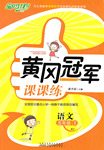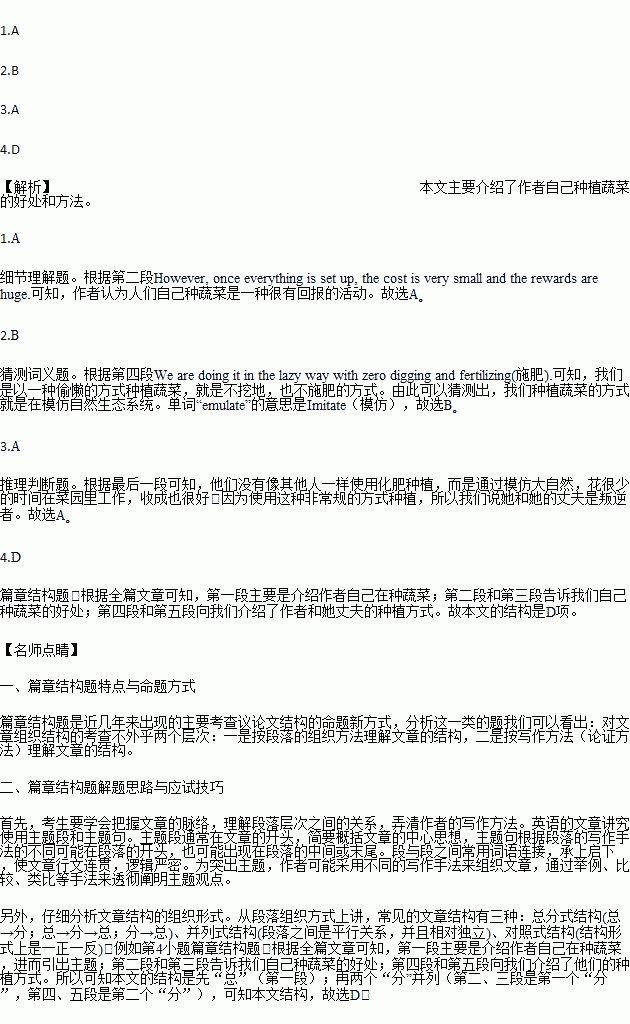题目内容
My husband and I are saving thousands of dollars every year by growing our own vegetables in our backyard. We learn something new every year and this website has been made to share tips with other people that would like to grow some of their own food.
It’s true that if you are starting from fresh, it will cost a little bit of money to get started. However, once everything is set up, the cost is very small and the rewards are huge. The size of your family and how many vegetables you eat determine exactly how much money you can save every year. We do a lot of juicing, so we are saving thousands of dollars by growing some carefully selected greens.
There is an amazing sense of accomplishment when you grow your own vegetables. Vegetables out of your vegetable garden don’t get any fresher, tastier or more satisfying. The whole family can get involved in this hobby and kids will learn where food comes from and appreciate nature even more.
Our approach to vegetable gardening is completely different from the normal one. We are doing it in the lazy way with zero digging and fertilizing(施肥). The way we grow our vegetables is to emulate natural ecosystems. No rows of carrots can be found in our garden beds. Rain forests seem to do just fine without human interference(干预) or having plants sown in rows, so we have applied the same principle to our vegetable garden and we care producing more vegetables than ever.
By copying nature we spend little time working in the vegetable garden but get a much better crop than previous years when we followed the rules. What can I say? We’re such rebels.(叛逆者)
1.What does the author think about people growing their own vegetables?
A. It is a rewarding activity. B. It is costly in the beginning.
C. People should devote many efforts. D. People should share their tips.
2.What does the underlined word “emulate” in paragraph 4 mean?
A. Create. B. Imitate(模仿).
C. Protect D. Improve.
3.Why does the author call her and her husband “rebels”?
A. They use unconventional ways to grow vegetables.
B. They don’t buy vegetables from the market.
C. They even try to grow vegetables in the rain forests.
D. They don’t grow ordinary vegetables.
4.Which of the following shows the structure of the text? (P: Paragraph)
A.  B.
B. 
C.  D.
D. 
 黄冈冠军课课练系列答案
黄冈冠军课课练系列答案 长江作业本同步练习册系列答案
长江作业本同步练习册系列答案

 rk hard.”
rk hard.”